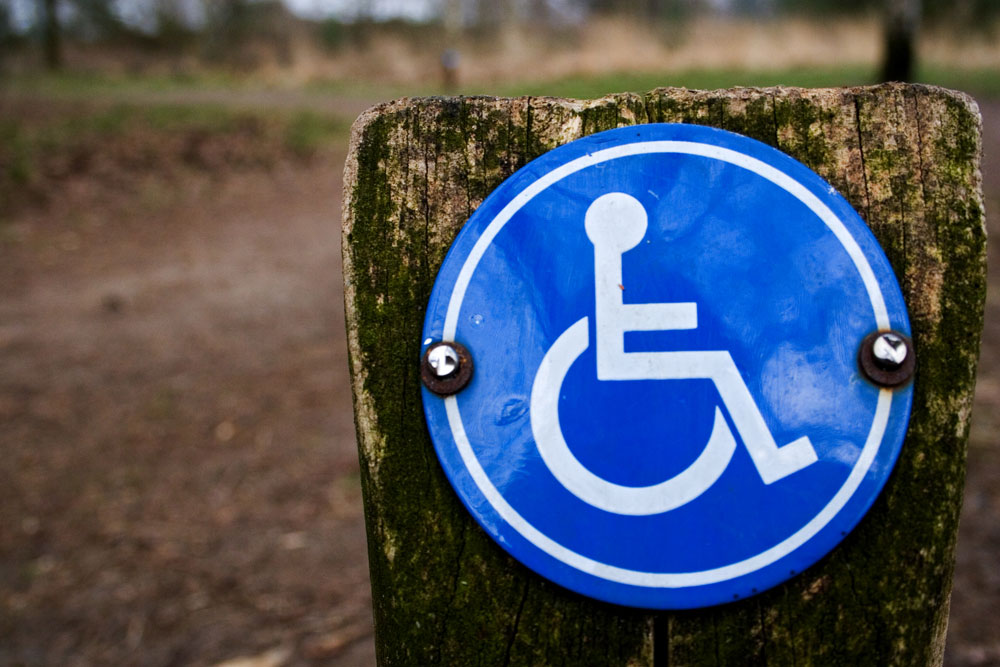We have already argued that DISABLED PEOPLE should and more than often do travel with as many rights as anyone else or with as many opportunities and enjoying as many facilities just as any other traveler.
However, there are some questions that are more than often left unanswered and that concern disabilities. Probably one of the stringiest one concerns the possibility of an airline to refuse to permit someone suffering from a disability to sit in a certain specific seat. Can they…or…Are the entitled to deny a person with reduced mobility the intention of occupying a seat of his or her own wish? No, they cannot do that. Airlines are not permitted to prohibit passengers with disabilities from occupying a certain seat or ask them to sit in a particular seat.
The only exception to this rule is related to the situations in which airlines need to comply with FAA safety regulations. For instance, they may ask a person with reduce mobility not to occupy a seat in the exit row but they have to motivate their course of action by the fact that they need to act according to safety measures provided by FAA.
Therefore, the FAA instructs airlines to establish in as a nondiscriminatory manner as possible whether a certain passenger may or may not be of help in case of an emergency. In fact, there are certain duties that should be performed by someone sitting in an exit row. Overall, the passengers seated in EXIT ROWS should be capable of carrying out the following tasks in case of an emergency. They need to be able to find the door as well as follow oral and written instructions at a rate of knots. Besides being capable of following instructions, such a passenger has to be able establish when the door actually has to be opened, to consequently open it, to get out of the plane as help the other exiting passengers.
Hence, FAA regulated that carries are not permitted to deny boarding but they may deny a passenger the wish to seat in an exit row if that particular traveler is in one of the following situations:
- is not mobile of strong enough to perform emergency evacuation duties
- is not able to use both arms, hands of legs efficiently
- is younger than 15 years old or, if older, cannot perform emergency tasks on his or her own
- cannot read or understand evacuation instructions
- is visually impaired and therefore not able to perform emergency functions
- cannot communicate verbally
- assists or accompanies children or impaired passengers and therefore needs to be able to cater for their needs
- may harm themselves when completing the emergency assignments
Furthermore, The FAA compels the cabin crews to inform travelers with regard to the emergency tasks that are connected with exit row seating. What is more, they have to ask passengers located in in exit-row seats who consider that they are not able to or simply do not wish to perform these tasks to be moved to a different seat. However, a passenger may not be forced by a carrier to say why he or she wants to the relocated to a different seat.
Another questions concerning people with reduced mobility refers to the obligation of the carrier to fulfill the wish of passengers with disabilities who ask for particular seats on an aircraft. Travelers located in an aisle seat, should have a movable aisle armrest. Also, if a disabled passenger is accompanied or assisted by a personal care attendant, the carrier has the obligation to provide them with adjoining seats. If, let’s say the passenger travels with an assistance dog, he or she will be given a bulkhead seat or another seat they request. Last but not least, travelers with a fused or immobilized leg need to be given a seat, which has more legroom, such as a BULKHEAD SEAT.
Finally, any passenger should know that if they need or simply wish for a specific seat, the best way to get it is to make the reservation when buying the ticket or at least 24 hours before departure and to do their best to check in at least 1 hour before take off. Otherwise, the request will be satisfied only if it is possible. Nevertheless, the airline is not compelled to reassign a seat already assigned to another passenger. However, people with reduced mobility should be given priority when boarding the aircraft so their chances of being assigned a seat according to their needs is substantially increased.

 En
En Es
Es Fr
Fr











